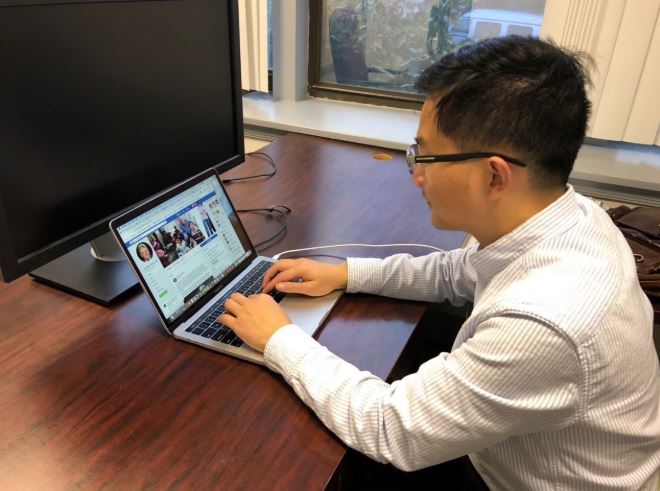Olivet School of Media and Communication (OSMC) will introduce a revised social media course with an emphasis on creating engaging content in the Spring quarter.
Previously, the social media course curriculum was designed to train journalists who use social media for breaking news, story leads, gathering information, and curating content. Students learn to use Facebook, Twitter, and Instagram generally for gathering and dissemination of information. However, so much has changed in this past year as other new platforms such as Tiktok and Clubhouse rose to popularity in America and beyond. Therefore, the curriculum is being redesigned to fill in the knowledge gaps.
Strategic content creation on social media would be a major emphasis of the redesigned course. Students will delve into the essence of making effective and engaging content- creating the experience and defining the voice. How to balance authenticity and professionalism on social media platforms? How to give a different “pitch” to the very different segments of the audience? These are some examples of in-depth questions that the new social media course will deal with.
OSMC curricula review panel examines all courses every year to adjust or redesign course content to keep abreast of the latest development in the media industry.










